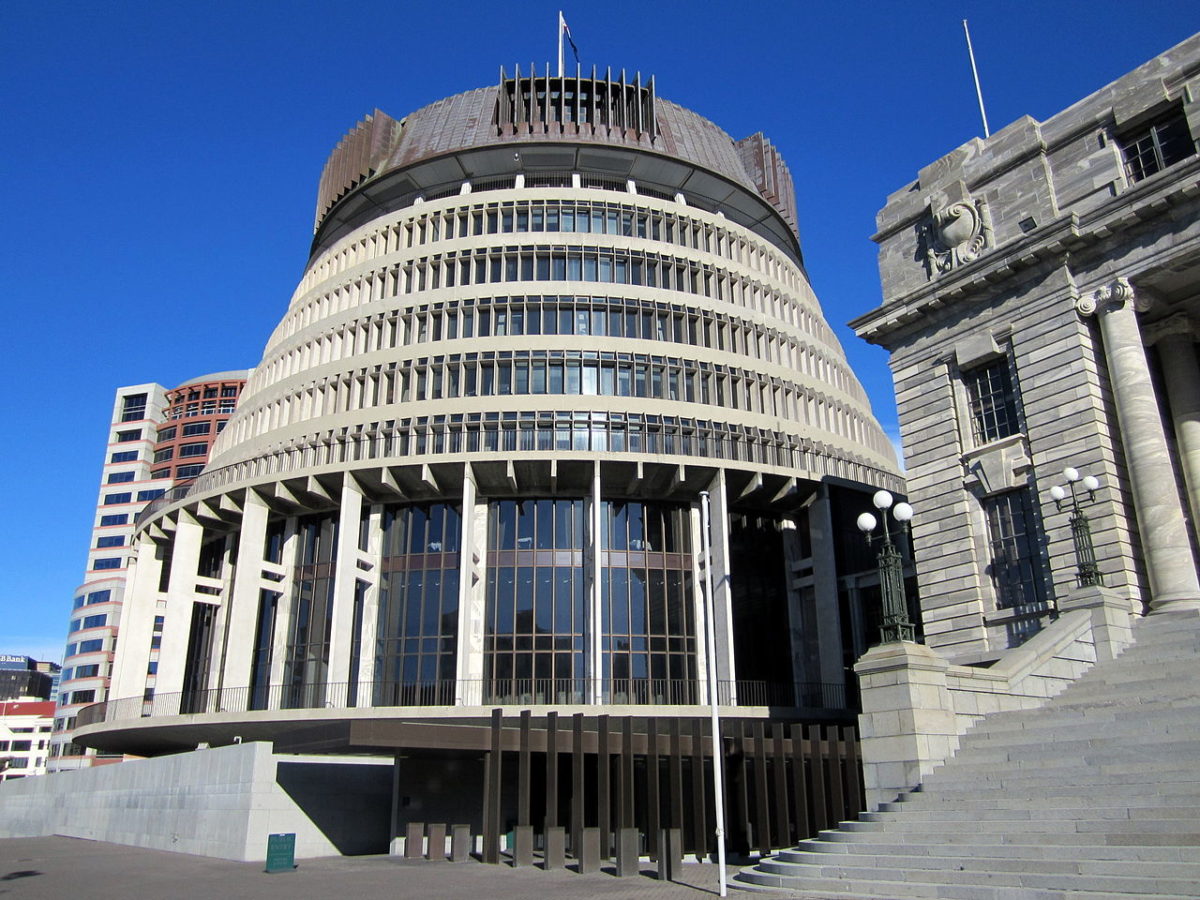A raft of questions about the future of public-sector science and research was raised by Science Minister Judith Collins’ decision – portended during the election campaign – to scrap the Te Ara Paerangi Future Pathways science and research funding reforms and the Wellington Science City development.
In a statement to Research Professional News last month, Ms Collins said: “Te Ara Paerangi Future Pathways will not be continuing and the Wellington Science City part of Te Ara Paerangi has been discontinued. I am currently consulting with officials on how to best optimise opportunities for the sector while still being cognisant of the extremely tight fiscal environment we are dealing with.”
Future Pathways was a multi-year reform programme, developed under the Labour government, to overhaul research funding and improve career pathways for researchers.
Wellington Science City, announced in the 2023 budget, was to be a $450 million set of research hubs around the city of Wellington.
Soon after that came news that the 11 National Science Challenges were coming to an end and Callaghan Innovation was proposing a ‘strategic reset’ to focus on projects that make money.
At least some of 433 employees look likely to lose their jobs.
Universities around the country – notably Victoria and Otago – meanwhile have been dealing with huge budget deficits. Hundreds of job cuts have been effected or discussed and courses culled.
Today some light was cast on the futures of the science and university sectors – but not much.
Science, Innovation and Technology Minister Judith Collins and Tertiary Education and Skills Minister Penny Simmonds announced plans to “transform” those sectors.
But the plans amount to no more than the establishment of two advisory groups, both chaired by Professor Sir Peter Gluckman, which
“… will advise the Government on how these sectors can play a greater role in lifting New Zealand’s productivity and economic growth – and ultimately help all Kiwis get ahead.”
No other names were announced.
Judith Collins says improving the tertiary and science sectors is part of the Government’s plan to rebuild the economy and get it working for all New Zealanders.
“The new Science System Advisory Group will help us explore the well-documented issues facing the science sector. There is a proven link between science and innovation and economic productivity, so it is critical the sector is operating efficiently,” Ms Collins says.
“We will bring about the changes needed to ensure the science and higher education systems are well-placed to deliver maximum benefit for the country.
“The two groups will operate separately. Having the same Chair, however, will ensure that any changes made can benefit both the science and high education sectors.”
Penny Simmonds says the Government is committed to supporting universities as part of a thriving higher education sector.
“This sector is a key contributor to New Zealand’s economic performance, our ability to grow and innovate and to achieve better social outcomes,” Ms Simmonds says.
“The University Advisory Group will consider the effectiveness of the current university system – including looking into the Performance Based Research Fund, ways to best achieve equity for all learners, including Māori, Pasifika and disadvantaged learners, and the role of international education.”
High-performing science and tertiary sectors were vital parts in the Government’s plan to rebuild the economy, and only through a strong economy could reduce inflation, lift incomes and afford public services, Ms Simmonds said.
Source: New Zealand Government












